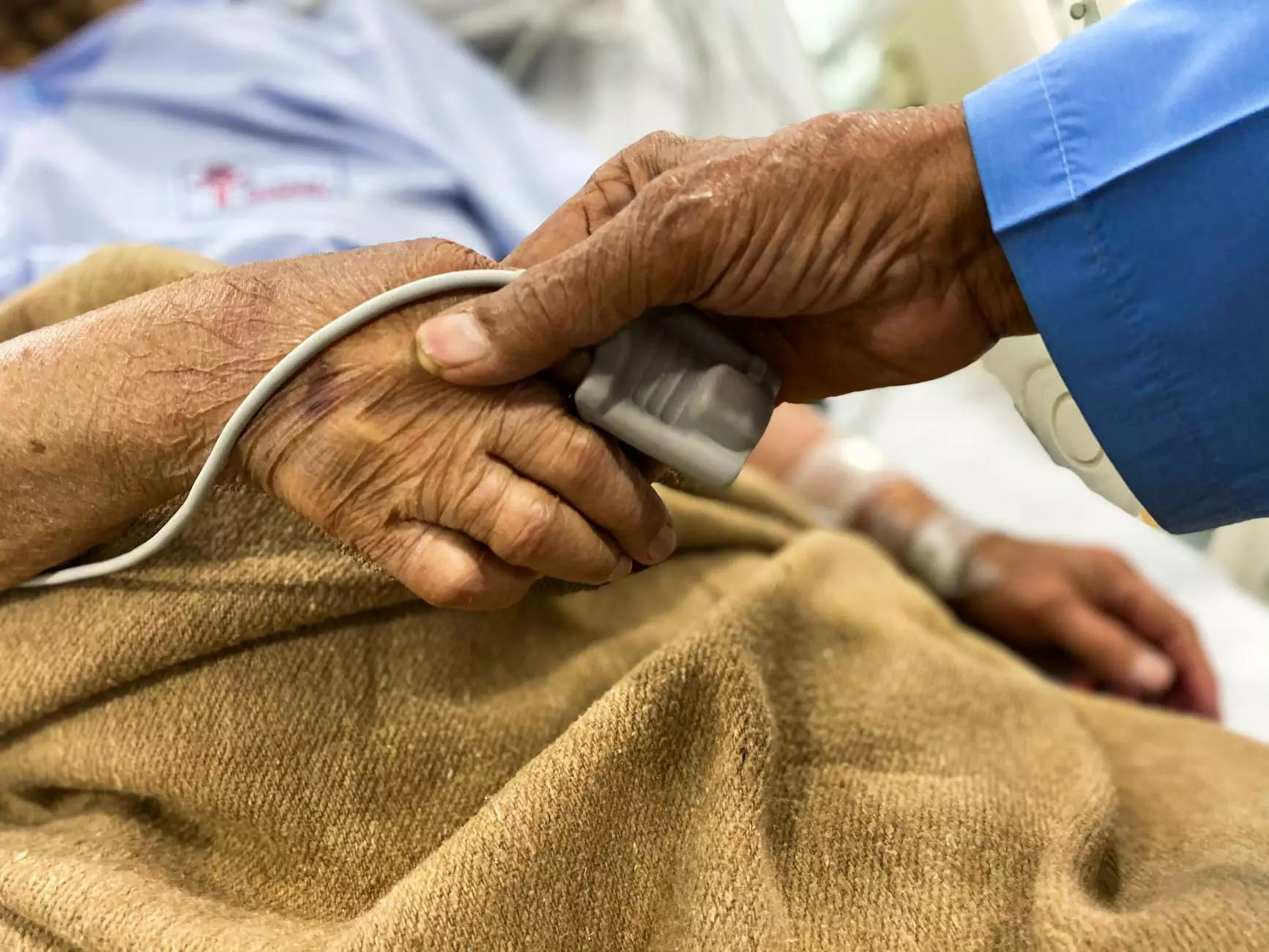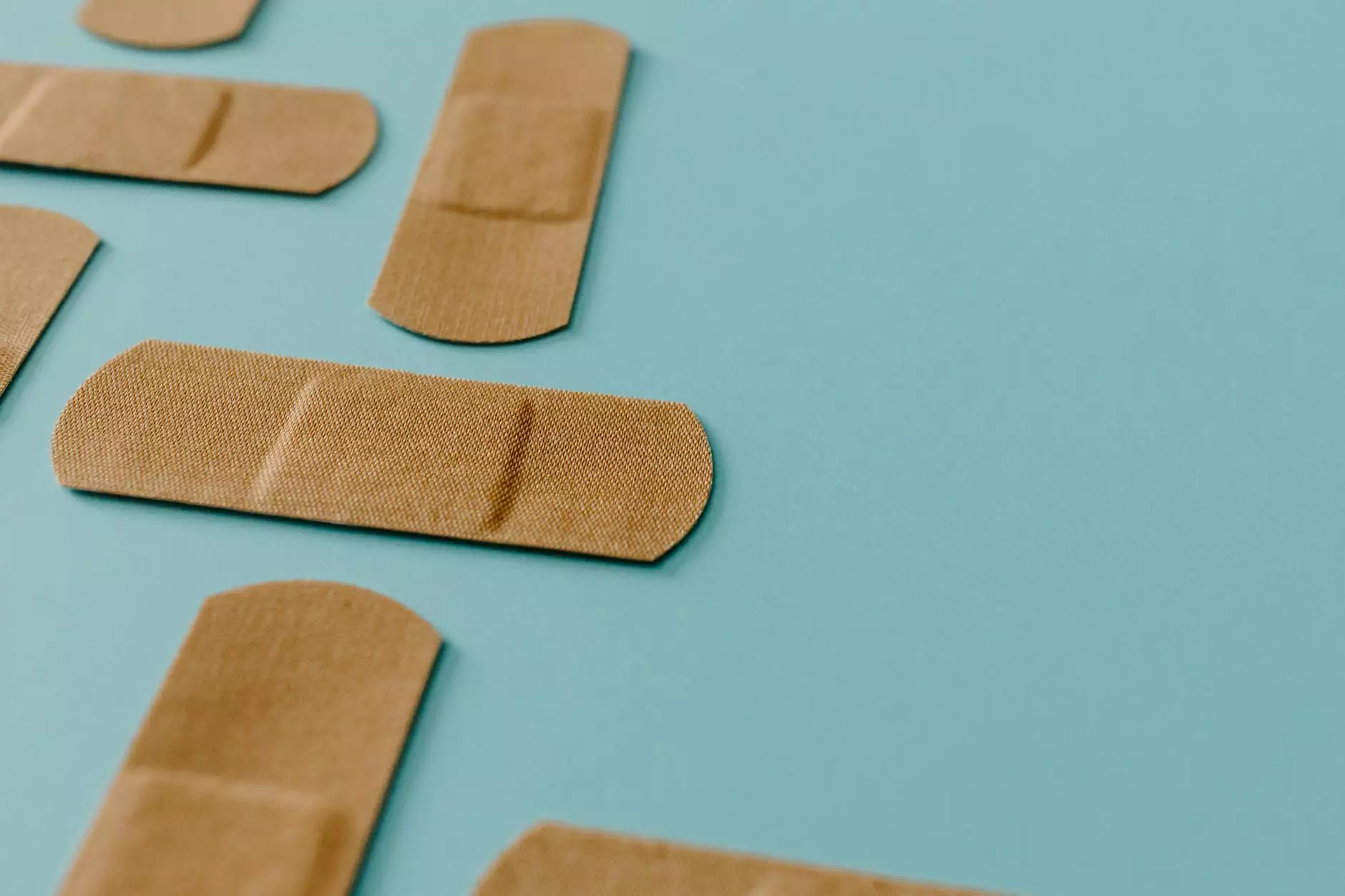Do's and Don'ts of Stomach Surgery Recovery
Blog
Welcome to Regency Square Care Center's comprehensive guide on the do's and don'ts of stomach surgery recovery. Our expert team is here to provide you with valuable information and guidance to ensure a smoother and faster healing process after your stomach surgery. By following these guidelines, you can minimize complications and promote optimal recovery.
Understanding Stomach Surgery Recovery
Stomach surgery, also known as gastric surgery, is a complex procedure that requires careful post-operative care to ensure successful recovery. Whether you've undergone gastric bypass, sleeve gastrectomy, or another type of stomach surgery, the following do's and don'ts will help you navigate the recovery period with confidence.
The Do's of Stomach Surgery Recovery
1. Follow Your Surgeon's Instructions
One of the most crucial aspects of a successful recovery is to strictly adhere to your surgeon's instructions. Your surgeon is the best person to provide personalized guidance based on your specific procedure and medical history. Follow their advice regarding diet, medication, physical activity, and wound care to ensure a smooth recovery.
2. Maintain a Balanced and Nutritious Diet
During the initial stages of recovery, your diet may need to be modified to accommodate your stomach's healing process. It is important to follow a balanced and nutritious diet as recommended by your surgeon or a professional dietitian. Focus on consuming adequate protein, vitamins, and minerals to support healing and prevent malnutrition.
3. Stay Hydrated
Proper hydration is crucial for all aspects of your health, including recovery. Aim to consume enough fluids throughout the day, following your surgeon's recommendations. Stay mindful of your fluid intake and avoid sugary or caffeinated beverages that may hinder hydration.
4. Gradually Resume Physical Activity
While it's important to rest and allow your body to heal after surgery, gradually incorporating light physical activity can have numerous benefits. Consult with your surgeon on when it is safe to start exercising and what activities are suitable for your recovery stage. Regular movement can improve blood circulation, reduce the risk of blood clots, and contribute to overall well-being.
5. Take Medications as Prescribed
If your surgeon has prescribed medications for pain management, infection prevention, or any other purpose, ensure you take them exactly as directed. Follow the prescribed schedule and dosage meticulously to optimize your recovery and prevent complications.
6. Attend Follow-Up Appointments
Don't skip your follow-up appointments with your surgeon. These visits are critical to monitor your progress, address any concerns, and make adjustments to your recovery plan, if necessary. Regular communication with your healthcare team is essential for a successful recovery.
7. Maintain a Positive Mindset
Recovering from stomach surgery can be challenging both physically and mentally. Surround yourself with a supportive network of friends, family, and healthcare professionals who can provide guidance and encouragement. Maintaining a positive mindset can significantly impact your healing process and overall well-being.
The Don'ts of Stomach Surgery Recovery
1. Avoid Overeating or Undereating
After stomach surgery, your stomach's capacity for food may be reduced. Avoid overeating as it can cause discomfort, nausea, or complications. On the other hand, undereating can lead to inadequate nutrient intake and slower healing. Aim for portion control and adhere to the dietary guidelines provided by your surgeon.
2. Steer Clear of Carbonated and Sugary Beverages
Carbonated and sugary beverages can irritate your healing stomach and even lead to complications. Avoid these types of drinks during the recovery period and opt for water, herbal tea, or other non-caffeinated, non-sugary alternatives.
3. Say No to Smoking and Alcohol
Smoking and alcohol consumption can significantly hinder the healing process and increase the risk of complications. It is best to abstain from smoking and alcohol during your recovery period. If you need support in quitting these habits, reach out to your healthcare provider for assistance.
4. Avoid Heavy Lifting and Strenuous Activities
Engaging in heavy lifting or strenuous activities during your recovery can strain your healing incisions and slow down the healing process. Follow your surgeon's guidelines regarding lifting restrictions and gradually increase your physical activity as advised.
5. Don't Ignore Symptoms or Complications
If you experience any concerning symptoms or complications during your recovery, don't ignore them. Contact your surgeon or healthcare provider immediately for guidance and evaluation. Early intervention is the key to managing potential complications effectively.
6. Don't Skip Rest and Sleep
Rest and sleep are crucial for proper healing and recovery. Allow your body to rest and get an adequate amount of sleep each night. Listen to your body's signals and provide it with the necessary time to heal and recharge.
7. Avoid Stress and Unnecessary Pressure
Stress and unnecessary pressure can negatively impact your recovery. Prioritize self-care, engage in relaxation techniques, and seek support from loved ones to manage stress effectively. Take it easy and focus on your healing journey.
Conclusion
Congratulations! You've completed our comprehensive guide on the do's and don'ts of stomach surgery recovery. By following these guidelines provided by Regency Square Care Center, you can enhance your recovery experience and achieve optimal results.
Remember, each individual's recovery is unique, so it's essential to consult with your surgeon for personalized advice. The detailed information discussed in this guide will serve as a valuable reference as you navigate through the recovery process.
At Regency Square Care Center, we are dedicated to helping you make informed decisions about your health. If you have any further questions or concerns regarding stomach surgery recovery or any other aspects of geriatric and aging care, don't hesitate to contact our knowledgeable team. Your well-being is our priority!









